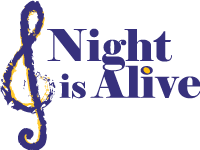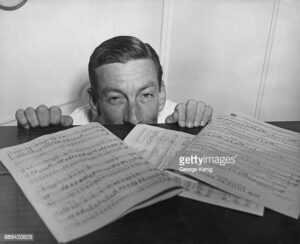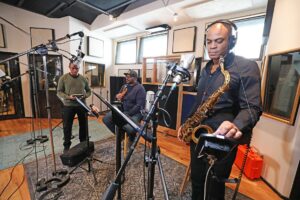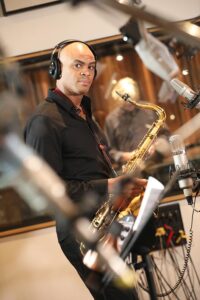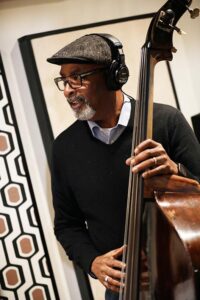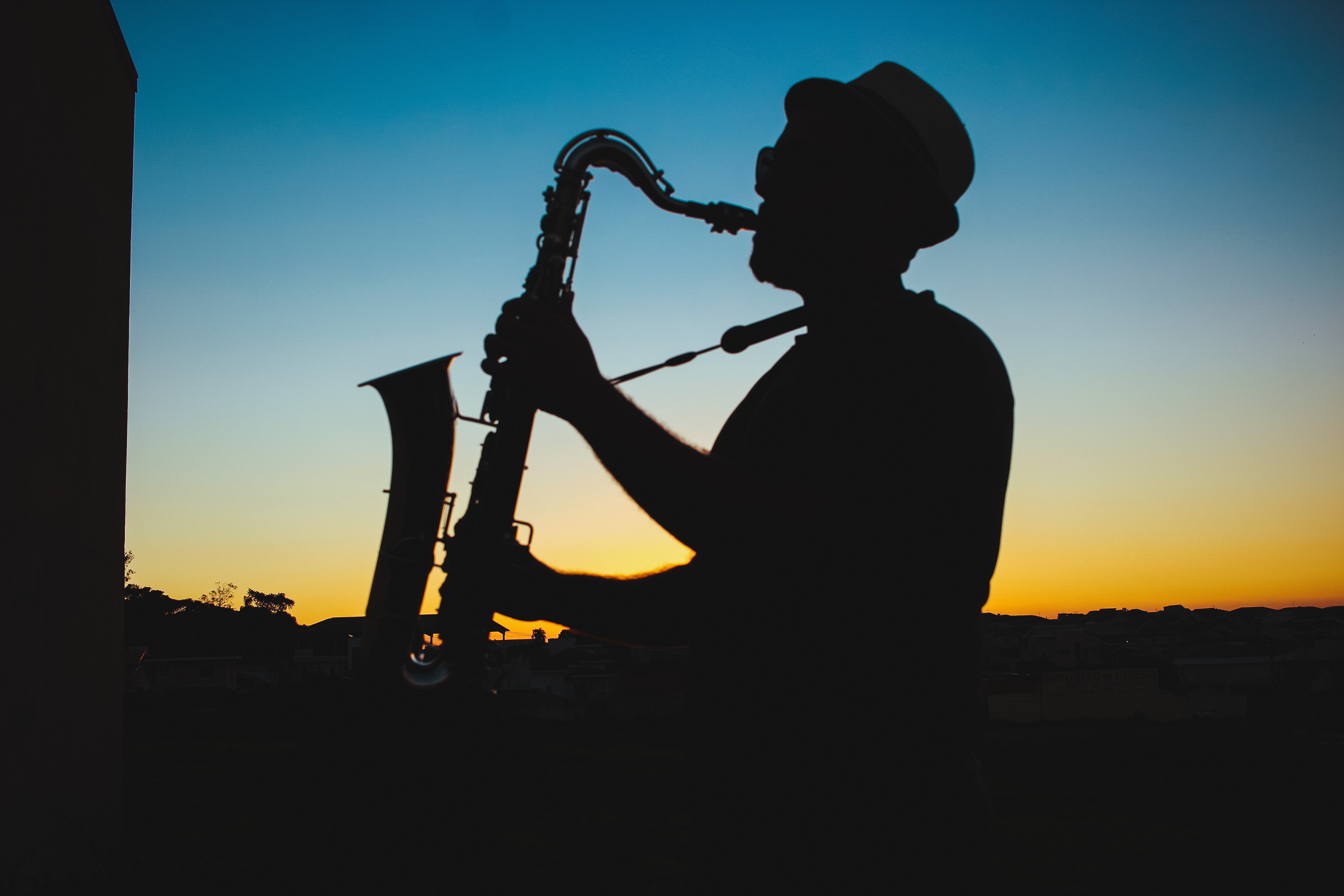
John William Coltrane (September 23, 1926 – July 17, 1967) was born in his family’s apartment in Hamlet, North Carolina. In 1938, most of his family died, and he ended up moving to Philadelphia in 1943.He was an American jazz saxophonist and composer. Working in the bebop and hard bop idioms early in his career, Coltrane helped pioneer the use of modes in jazz and was later at the forefront of free jazz. He led at least fifty recording sessions during his career.
Coltrane played the clarinet and the alto horn in a community band before taking up the alto saxophone during high school. He had his first professional gigs in early to mid-1945 – a “cocktail lounge trio,” with piano and guitar. He was only 19 years old when playing in lounges.
As his career progressed, Coltrane and his music took on an increasingly spiritual dimension. Coltrane influenced innumerable musicians and remains one of the most significant saxophonists in music history. He received many posthumous awards and recognition’s, including canonization by the African Orthodox Church as Saint John William Coltrane and a special Pulitzer Prize in 2007.
To avoid being drafted by the Army, Coltrane enlisted in the Navy on August 6, 1945, the day the first U.S. atomic bomb was dropped on Japan. He was trained as an apprentice seaman at Sampson Naval Training Station in upstate New York before he was shipped to Pearl Harbor, where he was stationed at Manana Barracks, the largest posting of African-American servicemen in the world.
Coltrane became one of the few Navy men to serve as a musician without having been granted musicians rating when he joined the Melody Masters, the military base swing band. As the Melody Masters was an all-white band, however, Coltrane was treated merely as a guest performer to avoid alerting superior officers of his participation in the band.
In 1946, he was discharged from the military and returned to Philadelphia where he immersed himself in the jazz music scene. He was known as “Trane” throughout the jazz music world. He went on to famously become a member of groups led by several other famous musicians Dizzy Gillespie, Earl Bostic and Johnny Hodges in the early to mid-1950s.
Trane is still inspiring musicians today and many try to replicate his sound. He will forever be associated with great early American Jazz Music.
Did you know Ralph Moore honored John Coltrane at the Lakeland Jazz Festival? Read about how the former Tonight Show saxophonists performed here!
